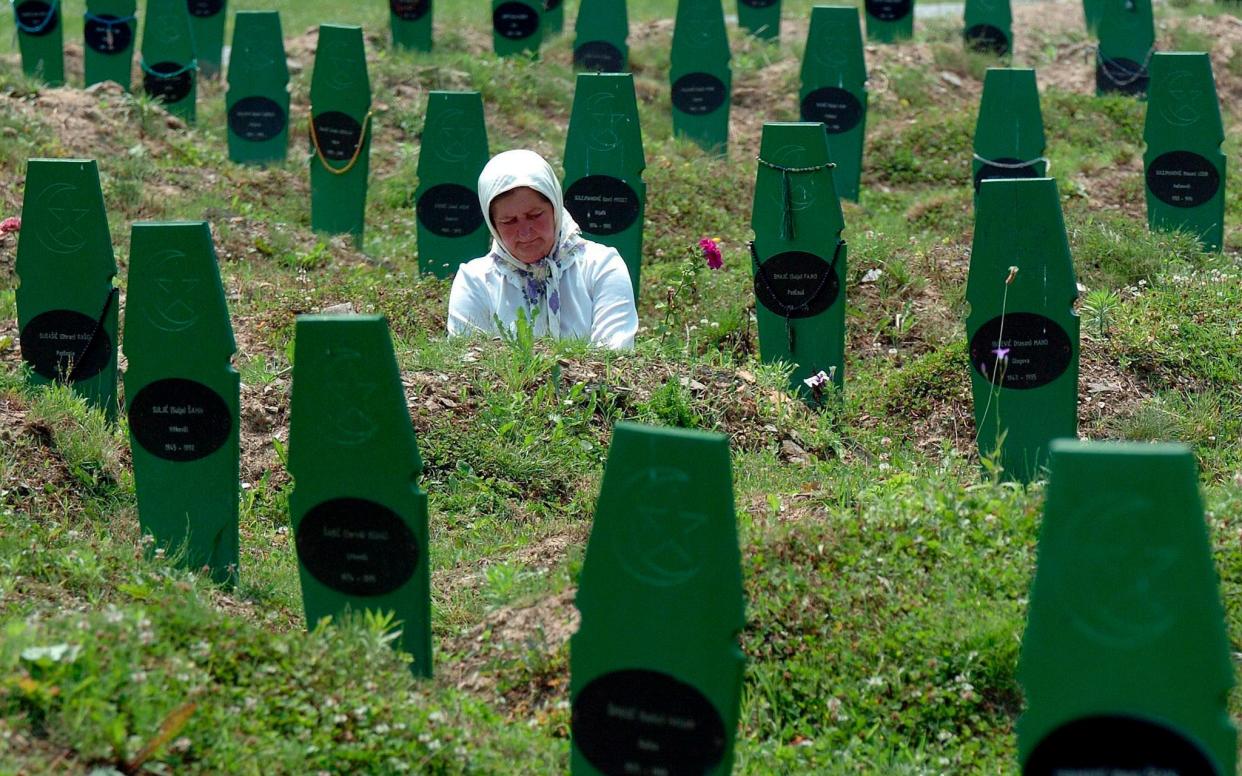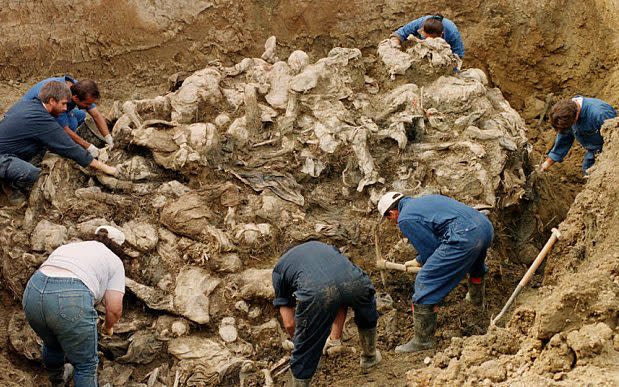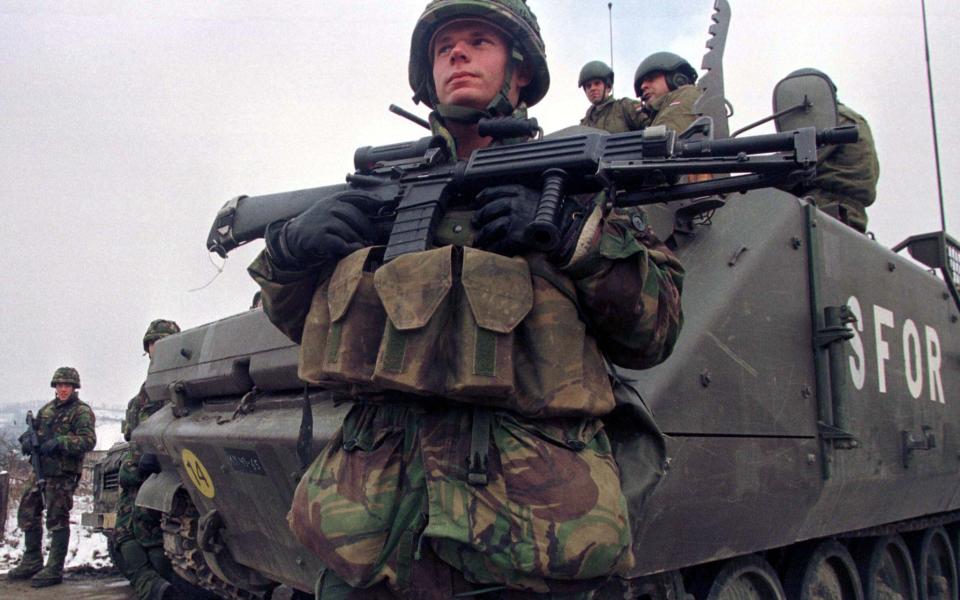Court rules Dutch state partly to blame for death of 350 Bosnian Muslims in Srebrenica

A Dutch appeals court ruled on Tuesday the state was partly to blame for the deaths of some 350 Muslim men in the 1995 Srebrenica genocide, and in a landmark move ordered it to pay limited damages.
"The court finds that the Dutch state acted unlawfully," judge Gepke Dulek said in an hour-long ruling, which largely upheld a 2014 decision by a lower court.
"The conclusion is that the Dutchbat (Dutch peacekeepers) knew that during the evacuations by the Bosnian Serbs to separate the Muslim men and boys there was a real risk they could face inhumane treatment or execution," she said.

The Dutch soldiers had also "facilitated the separation of the men and the boys" among the refugees, she said, adding they should have been "warned of the risks and given the choice whether to stay in the enclave while their families were evacuated".
Letting the men leave the base, meant they "were deprived of a chance of survival."
Almost 8,000 Muslim men and boys were killed in the 1995 genocide, Europe's worst atrocity since World War II.
It occurred on July 13, 1995 when lightly armed Dutch UN peacekeepers were overrun by Bosnian Serb forces.
The peacekeepers sought to protect tens of thousands of refugees who had sought safe haven at their base, which had been encircled by the Bosnian Serb forces.
Both the Dutch state and the relatives of victims had appealed a 2014 Dutch lower court ruling that the state was liable for the deaths of some 350 men who were sent off the base along with other refugees.
The victims, represented by the Mothers of Srebrenica, had demanded that the Dutch be found responsible for most of the deaths.

Some angry shouts broke out in the courtroom as the judge insisted the ruling only applied to 350 men and boys who left the Dutch base with their families to be evacuated.
Tuesday's ruling also found that the Dutch state is liable for some 30 percent of any damages awarded, stopping short of awarding full compensation as it found it "was uncertain" whether the men would have survived if they had remained inside the compound.
Both parties can further appeal to the Supreme Court, and the Dutch defence ministry said it would carefully read the judgement, the ANP news agency said.

The Srebrenica killings have been denounced as an act of genocide by the UN court set up in The Hague to try those behind the atrocities of the Balkans wars.
In the Netherlands the events still stir controversy, with questions remaining over the role of the Dutch blue helmets.
Late Monday, a lawyer for 206 former Dutch peacekeepers said they were suing the government for damages for sending them to defend Srebrenica, after the defence minister last year admitted it had been a "mission impossible."
"As from tomorrow (Tuesday), 206 of my clients are claiming compensation of 22,000 euros each," their lawyer told Dutch late night talk show Jinek on Monday.
Total damages would amount to around 4.5 million euros ($5 million).

 Yahoo News
Yahoo News 
